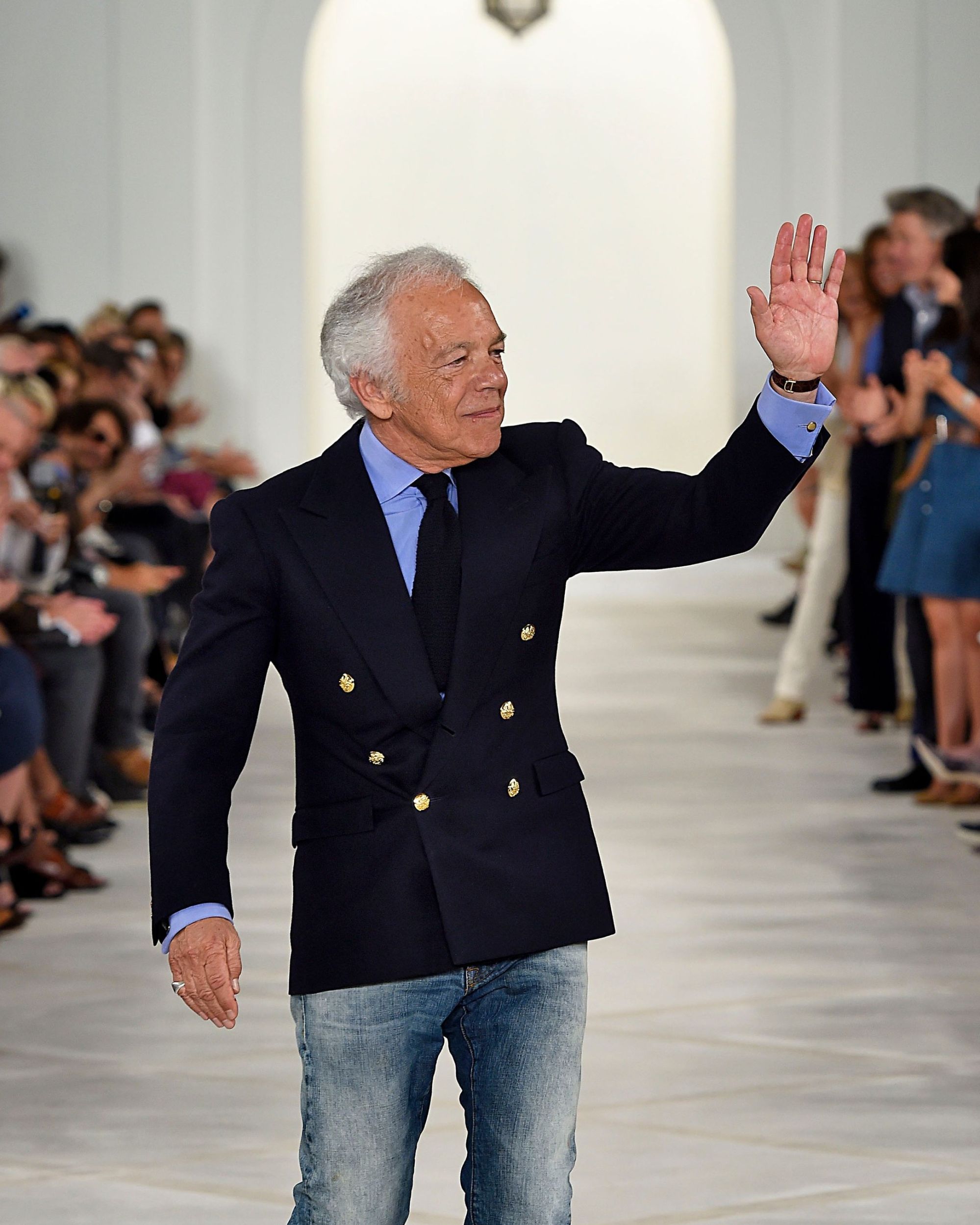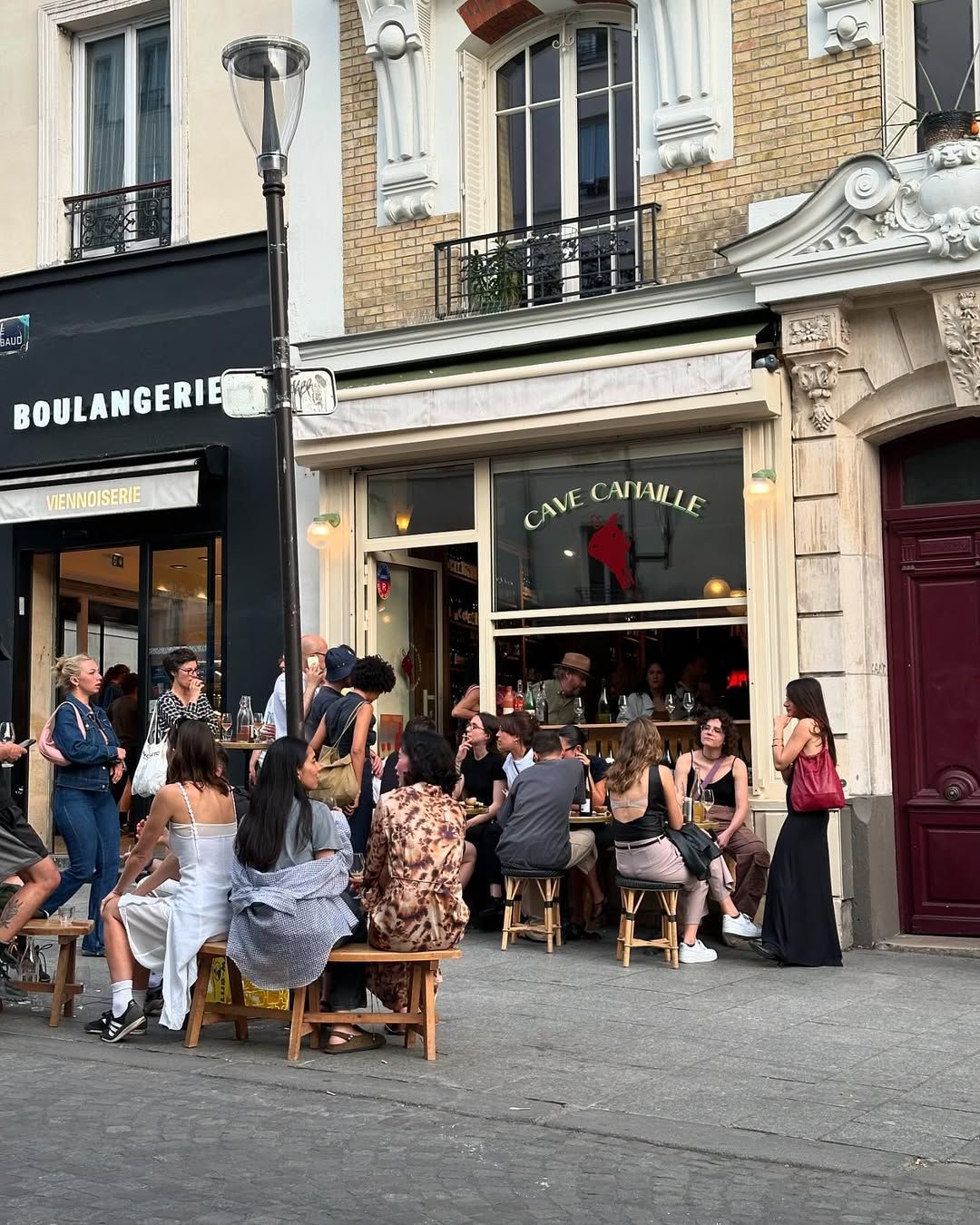
Olympic Games 2024 and changes to public transport Paris, the suburbs and the provinces are reinventing themselves as playgrounds for mobility
With the Paris 2024 Olympic Games, the capital and its surrounding regions are undergoing a major transformation of their transport infrastructure. If we thought the Olympics were only about sports, we were wrong. It is also about how to transport millions of spectators, athletes, and journalists from point A to point B without collapsing the entire system. Since July 15, 185 kilometers of «Paris 2024» reserved lanes have been put into service. These lanes, accessible only to authorized vehicles (athletes, delegations, emergency services, security, taxis, but not ride-sharing services), connect the different Olympic sites in Paris and throughout Île-de-France. Marked on the ground and monitored by automatic radars, they generously distribute 135-euro fines to those who dare to venture there without authorization until September 11, after the closure of the Paralympic Games. «These lanes are essential to ensure the smooth movement of participants in the Olympics», explains Marc Guillaume, Prefect of Île-de-France. During the Games, public transport in Île-de-France will remain at its usual level, a true miracle in the middle of summer. However, a number of line changes are planned in Paris and elsewhere.From reserved lanes to new metro lines, here is a detailed overview of the upcoming changes.
The Concorde, Champs-Elysées-Clemenceau, and Tuileries stations, near the Olympic installations, will be closed for more than two months. And to spice things up, the prices of metro and bus tickets will double between July 20 and September 8, going from 2.15 euros to 4 euros. «A necessary increase to manage the influx of visitors», states a spokesperson for Île-de-France Mobilités. A notable improvement is the extension of metro line 14, which now directly connects Orly Airport to the center of Paris since June 24. To use this connection without a subscription covering zone 4, a specific ticket costing 10.30 euros is required. A dedicated application, Transports Publics Paris 2024, has been set up to help users navigate these changes. Bicycles will be the true heroes of the 2024 Olympics. All Olympic sites will be accessible by bike, with cycle paths in the colors of the Games and 50 kilometers of new tracks set up. Vélib' is adding 3,000 new bikes to its fleet, and giant temporary stations will appear, especially at the Stade de France. «We want to encourage the use of bicycles to reduce the carbon footprint of the Games», says Tony Estanguet, president of the Olympic organizing committee. With 10,000 bike parking spaces near the competition sites, Paris is gradually transforming into the capital of two wheels, much to Anne Hidalgo's delight!
Large-scale projects such as the Grand Paris Express also amplify this transformation, promising to profoundly reshape the landscape of mobility in Île-de-France. To begin with, the metro line 11 has been extended by six kilometers to serve five new towns in Seine-Saint-Denis: Les Lilas, Bagnolet, Montreuil, Romainville, Noisy-le-Sec, and Rosny-sous-Bois. This initiative aims to break the isolation of the department and facilitate the mobility of its residents. Similarly, after years of hardship for its users, the metro line 14 has finally resumed service and has been extended to directly connect Orly Airport, with seven new stations, including six in Val-de-Marne. This line is expected to become one of the busiest in the world, with a million travelers per day in 2025.
The RER E has been extended to Nanterre-La Folie via La Défense, although the service is initially reduced. This extension is one of the few major infrastructures of the Olympics ready for the event. As the Grand Paris Express continues to take shape, local authorities and urban planners must navigate the benefits of these large infrastructure projects and their potential social impacts. «We are witnessing an urban transformation that, while offering opportunities, also entails a risk of gentrification that can exclude long-time residents», notes Anne Clerval, geographer and co-author of Les Naufragés du Grand Paris Express. This dynamic has already been observed in other major cities facing similar infrastructure projects, as well as in Paris in neighborhoods like the 10th, 19th, and 20th arrondissements. Although these infrastructures improve mobility, they nevertheless raise concerns.
But the changes do not stop with the inhabitants of Paris and Île-de-France. Although already considerable, the regional adaptations also deserve special attention to ensure optimal connectivity throughout the country. Bordeaux, a host city for football matches, sees its tram line C reinforced for the occasion. Special shuttles will be set up from Cenon station to transport supporters to the stadium. Games Passes will be available for 24 hours, 48 hours, or 72 hours, facilitating access to events. Châteauroux, where shooting events will take place, also offers shuttles between the SNCF station and the competition site, with a 6.5-kilometer bike route for the more athletic. And icing on the cake, public transport has been free since 2001, a tradition that also applies to the specific shuttles set up for the Olympics. «We want to offer a smooth and pleasant experience to all visitors», declared Gil Avérous, mayor of Châteauroux.
The Pierre Mauroy Stadium in Lille will host football matches. It will be accessible by usual means of transport, with reinforcements planned to manage the influx of spectators. In Nantes, where eight football matches will be held, public transport will be reinforced. Even better, trams, buses, and tram-trains will be free for ticket holders on match days, and for all users on weekends. A necessity for Mayor Johanna Rolland, who declared wanting to «encourage the use of public transport to reduce congestion and CO2 emissions». Finally, Saint-Étienne, with six football matches at the Geoffroy-Guichard stadium, will set up marked pedestrian routes, called «fan walks», and a special 2024 Olympic line on match days. Additionally, the entire transport network will be free for ticket holders. While these transformations promise to facilitate mobility during the Games, they also hint at a sustainable legacy for transport infrastructure in France. It remains to be seen how these changes will impact the daily lives of residents once the Olympic flame is extinguished.













































